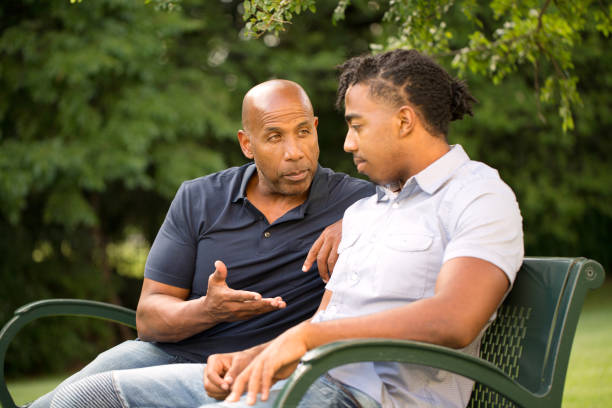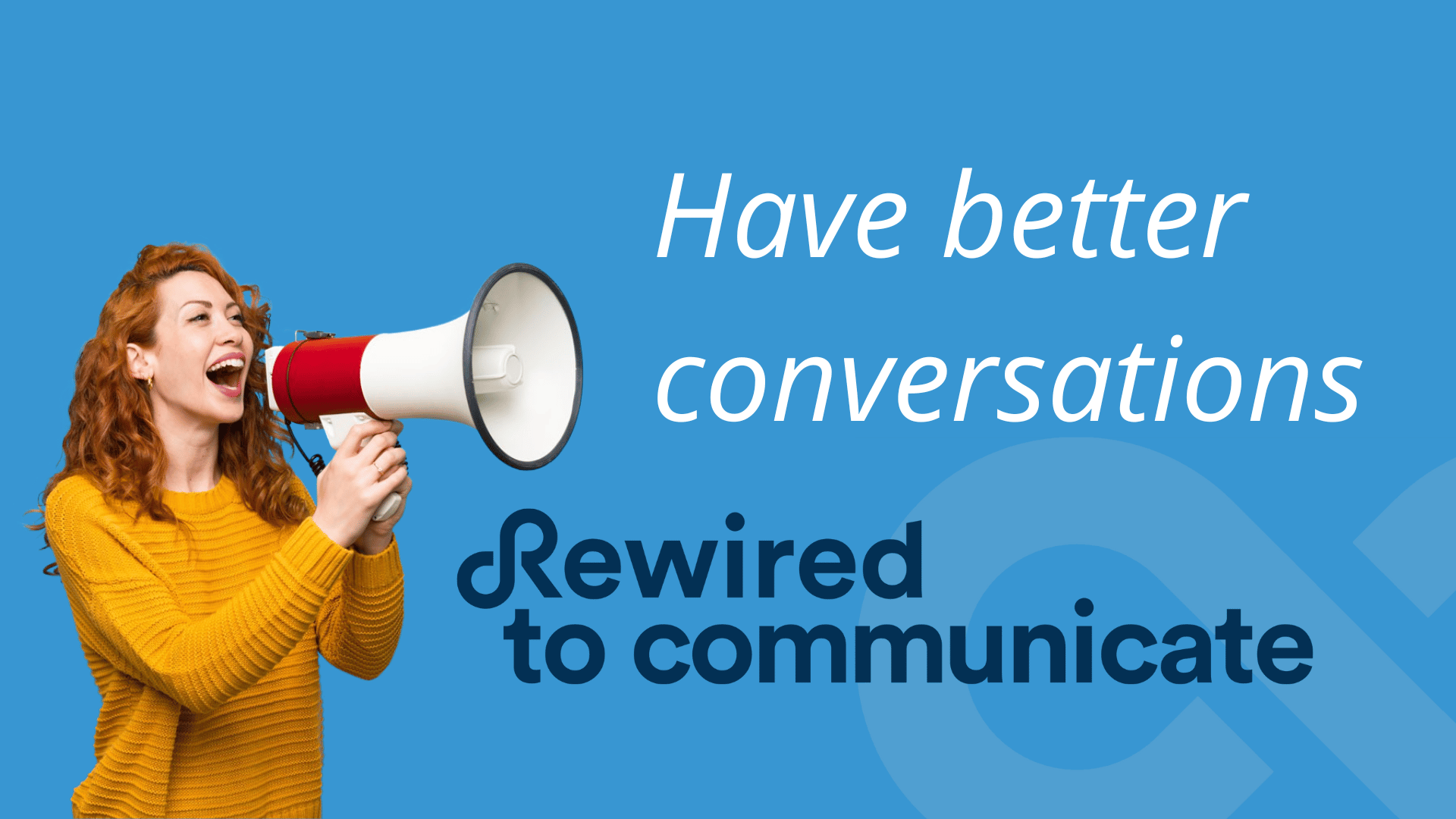
Why are we so committed to giving advice?
One of the first lessons when learning coaching skills is: stop telling people what to do; ask questions instead. Coaching is about growing and developing another person and helping them become self-aware and self-empowered. So they can also develop skills to be creative
But many coaches will admit that they do tell. Maybe from time to time or maybe most of the time.
Recently, I’ve heard comments along these lines from coaches:
- Women hire me to help them through a divorce, based on how I survived mine. So, I give them advice about what to do.
- I’ve coached a lot of people, I’m familiar with different patterns and people’s fears. So, I can spot the sticking point and to be efficient, I just tell them what’s going on and what they could do instead.
And these from managers who coach:
- My coachees want my advice; they ask me to tell them what to do.
- I’m in this senior role because I’ve gained a lot of experience getting here, why shouldn’t I share that expertise with others?
- I’m only comfortable coaching people on topics I’m familiar with and I know exactly how to lead them to the right answer.
After reflecting on numerous versions of those comments, this is what seems to be going on – when coaches seem to advise rather than help the coachee tap into their creativity.
- The coachee really wants or needs a mentor, advisor or even trainer, because they are in a territory where they are inexperienced.
- The coach’s/leader’s ego is proud of where they’ve gotten to and want to share their successes and they don’t believe the coachee might have some brilliant answers.
- The coachee doesn’t want to take responsibility for making their own decisions; they’d rather have the certainty of someone else figuring it out.
- The coach wants certainty and it’s uncomfortable to ask a question they don’t know the answer to.
- There’s a preference for task and accomplishment rather than developing the coachee’s confidence, ability and creativity.
What can you do as a coach or leader who wants to use coaching skills to empower and develop others?
- When you advise, check in with yourself. Are you doing this to feel good about what you can share (be honest with yourself)? Do you know the one and only way that task can be accomplished? Is there any possibility that this person might have the capacity for creativity and be able to innovate on your approach?
- Check your ego. It’s about them not about you. What do they really need?
- Get used to not knowing. Certainty and needing to know is one of our built-in needs that we have to work against as a coach. The fact is you don’t know the best way forward for this person in their situation. If you do, then put your manager or mentor hat on and tell them, just don’t call it coaching.
- Communicate. Talk to your coachee or client about the space of not knowing – the creative, unknown space, the place where new ideas and realisations are likely to come from. How will you manage that space together?
- Silence. Learn to be with silence so the coachee has a chance to think. Notice your own discomfort and practise being comfortable with it.
Of course, it’s OK to mentor, advise and guide. But can we not call that coaching? Unless maybe you’re a sports coach?
If you want to have a real coaching angle alongside some advice-giving, you could try this approach:
Let your coachee know that you are offering a solution. It isn’t the only one, but it’s one you have seen work in certain circumstances in a similar situation. Then ask them how that would feel to them. What would be easy? What would be hard or scary? How might they adapt it to their own situation? What skills or attitude would they need to develop to be successful with this approach? How might this direction grow them?
These questions can help you combine your suggestions with a coaching approach that will help the coachee create their way forward.
Here are a couple of related blog posts:

Stop stealing my Dopamine!
… a message to people who habitually solve problems for others – on behalf of hungry learners everywhere…

Chasing Dopamine
While dopamine can be good for us and even lifesaving, the ways we go about getting it, and the incessant chase can lead us down a dark road.
Rewired to Communicate

Rewired to Communicate provides in-house communication and coaching skills. This programme is partnered with hands on feedback for leaders in your organisation who wish to truly empower others.
more info